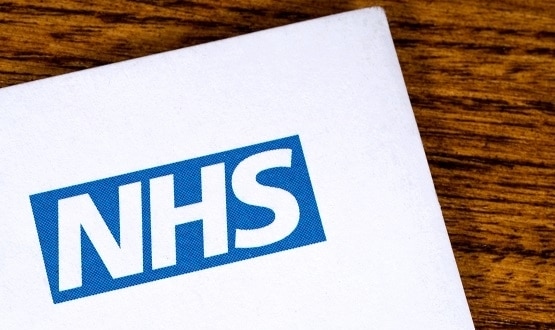PAC raises concern about ‘risky’ reforms
- 27 April 2011

The Commons’ public accounts committee has joined the long line of influential bodies warning that the "risky" reorganisation of the NHS could "distract" from the imperative for the health service to save £20 billion.
The PAC has also raised concerns about the number of unanswered questions posed by the reforms triggered by last summer’s white paper, ‘Equity and excellence: Liberating the NHS.’
And it has warned that the Department of Health’s £1.4m estimate of the cost of the reforms could be blown off course if GP commissioning consortia decide not to employ significant numbers of primary care trust staff, and to buy-in commissioning support from the private sector.
Launching the ‘National Health Service Landscape Review’, committee chair Margaret Hodge said: “Whilst the reforms could complement the imperative of achieving £20 billion efficiency gains by 2014-15, the reorganisation might also distract those responsible for making the savings while safeguarding standards of patient care.
“Furthermore, if the Department’s estimate of the one-off costs associated with reorganisation turns out to have been too low, it will make the challenge of achieving savings for reinvestment even tougher.”
It is unusual for the PAC – which keeps an eye on public spending with the help of the National Audit Office – to take such an early look at a major reform programme.
However, Hodge said the scale of the changes, and the scale of health service spending, had made the committee decide to review progress at regular intervals.
The reforms will sweep away strategic health authorities and primary care trusts, and hand commissioning to a powerful new NHS Commissioning Board and GP commissioning consortia. At the same time, they will introduce more competition for providers.
The landscape review warns that it is still not clear where accountability for public money will lie in the new structure.
It also asks “what information will be available to decision makers, health regulators and the public on the cost and quality of services” – a question it hopes will be answered in the Health Information Strategy that is due to be published this year.
The report goes on to say that 20 trusts may not achieve foundation status, and that increased competition may lead others to fail.
It says the DH has yet to develop “clear and transparent policies for dealing with failure of commissioners or providers, or to ensure patients are protected and value for money assured”, but it should do so as a matter of urgency.
Unions backed the review, which is just the latest of a series of reports from Parliamentary bodies, think-tanks and unions to raise concerns about the scale and timing of the reforms.
Dr Hamish Meldrum, chairman of council at the British Medical Association said: “The PAC is right to highlight the risks posed by such a massive restructuring at a time of financial crisis. However, it is not just the timing but also the direction of travel of these reforms that will cause problems.
“Market failures in healthcare have far more serious consequences than in other industries, and may have little connection with quality of care or even patient demand.”
Unison head of health Christina McAnea said the government should scrap its Health and Social Care Bill – which was “paused” at the end of its report stage for further consultation.
While the reforms are introduced, the NHS will be required to make £20 billion efficiency savings to cover the gap between flat funding and increasing demand.
The review says the DH expects 40% of these savings to come from pay freezes, management cost savings and cuts in central budgets, and another 40% to come from encouraging providers to become more efficient by pegging the NHS tariff to the most efficient trusts.
A further 20% are due to come from service changes, such as shifting services from hospitals into the community; and the committee urges the DH to monitor progress against this target, over which it has little control.
EHealth Insider recently ran a survey of NHS IT staff working in the acute sector about how the cuts and changes were affecting them.
It is now running a survey of staff working in strategic health authorities and primary care trusts to find out how demands for savings and reform are affecting jobs, morale and spending. Please take a few moments to complete the survey: there’s a Kindle 3G to be won.




